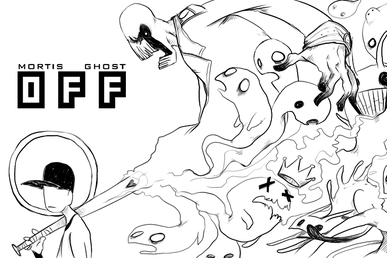OFF – The Fear of Impurity and the Masque of Red Death
‘I have a sacred mission to fulfill. I must purify the world.’
OFF is a French RPG created in 2007 by Mortis Ghost, with an incredible soundtrack by Alias Conrad Coldwood. It’s been praised for its surreal storytelling, rich environments, and it’s memorable characters. It’s a game I’ve adored ever since discovering it a decade ago, and I’m not alone.
The game’s unique and unabashedly weird vision has garnered a fanbase fascinated with it. If you are able to look past the game’s sometimes crude sprites and repetitive combat, you’ll find yourself tumbling down a rabbit hole into an experience drenched in style, wit, and moral dilemma.
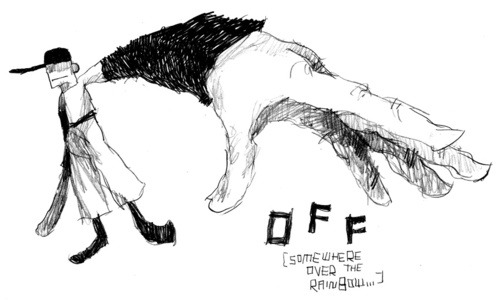
The Batter 
You play as the titular Batter- or more accurately, you play as the person BEHIND the screen who puppets them. The Batter enters the Zones of this new world a stranger- curt, capable, and above all, driven to complete his sacred task. ‘I’m the batter. I’ve been assigned to a sacred mission.’ Not as much a missionary as a crusader, sent to slaughter in the name of holy redemption.
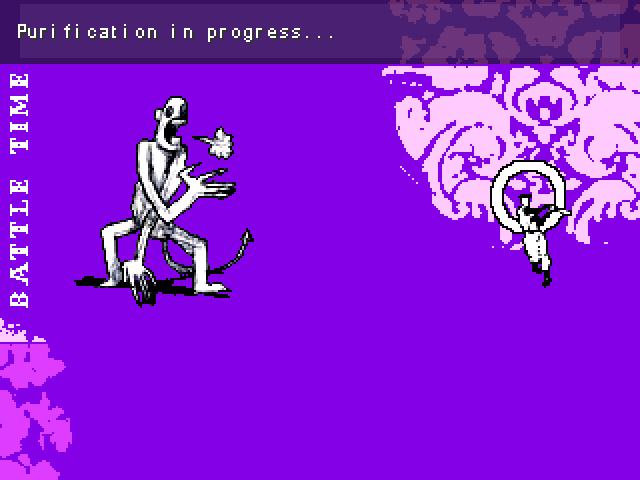
‘Are you some sort of prophet? Or a man of belief?’ ‘Something like that.’
It’s hard to not at least question the intentions of a man said to ‘revel in gratuitous violence.’
Playing OFF takes the Batter through the world’s Zones- pockets of civilization portrayed in simple shapes and colors. Smooth surfaces, 90 degree corners, and clean lines. The world is like a white tablecloth, unable to hide any wrinkles, stains, or irregularities. This is aesthetically contrasted by its denizens- workers called Elsen.
Elsen 
Scratchy dark lines, colorless black and white. The working denizens are every synonym for subservient you can think of. They are cautious to do anything to disrupt the status quo, fearful of any voice loud enough to be considered authoritarian, and want nothing more than to carry on carrying on. They’re some really anxious little guys.
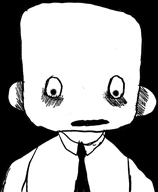
To make the point, in the wonderland-esque fair set in Zone 2, there’s an outdoor seating arrangement similar to that of a roller coaster that isn’t actually moving- but they all treat it like it’s a dangerous ride, with one sitting saying he’s about to vomit, and another standing a distance away saying the attraction is too daredevil-ish for him. Problematic, and adorable.
Their shirt and tie office attire give the perception of uniformity and professionalism, but their black eyes and wavering words paint them more as lost and confused. They’ll tell you about how their work creates the 4 Elements Smoke, Metal, Meat, and Plastic, which are needed for the Zones to exist and function. They rarely rise above their stations to consider the world they live in, but many are deeply concerned about the dangerous specters that interfere in their work.
The Zones 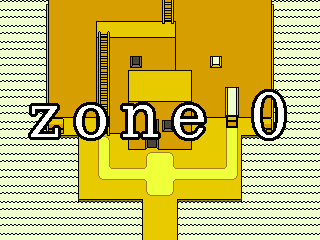
Different Zones are stringent in keeping to certain colors. The Judge, a well-spoken cat who guides you on your journey, makes mention of the color of the floating Red Cubes, which allow you to save your game and enter ‘the Nothingness.’
‘The contrast of bad taste it imposes on your view of its clashing color, defying any practical course of plastic arts.’
It’s color doesn’t fit, and it’s ugly for it.
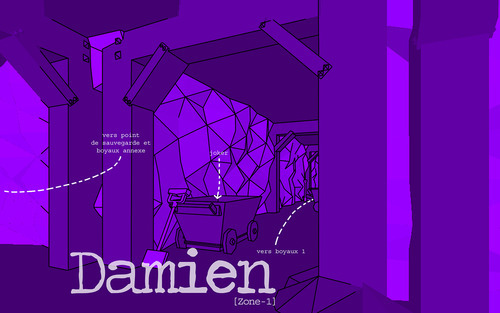
The only place the Batter does not seek to purify is the Nothingness, the place between places. It’s barren, black, and silent, serving as a bridge between the Zones.
‘Faith guides my steps.’
Dedan 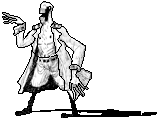
After traveling the meat rivers in your little pedalo, you reach the quarters of Dedan, the harsh and exploitive guardian of Zone 1. He asks: ‘what mental disorder got your blind faith to hide even the slightest bit of evidence from yourself?’ During the fight, he calls you a ‘sick spirit’. ‘You’ve been defeated, Dedan, guardian of the first zone. This land is now pure.’
Japhet/Valerie 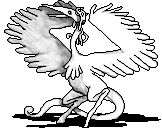
You meet Japhet the cat, brother to the Judge, in the massive library of Zone 2. Japhet is leading the specters here, claiming they were sent to him by the Queen to restore justice to this zone. ‘Specters come to me. Dance together and echo the song of the righteous.’ In a climactic battle atop the library, Valerie emerges from the mouth of poor Japhet’s husk, no longer needing to puppet him.
In their final moments, Valerie confesses to being fallible. They’ve made mistakes, they were looking for some redemption. They were impure, and so they were purified.
Enoch 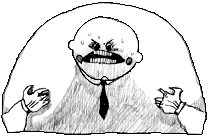
The enormous steward of Zone 3 laments the fate of this world after you’ve beheaded him. ‘This zone, deprived of its guardian, is now destined to disappear… And the men who live here, whether they deserve it or not, will fall into nothingness, never to return.’ He’s asking if purity is worth the price.
And indeed, after a Zone’s guardian has been defeated, you can return to find it grey and empty. Well, nearly empty. You will encounter forms here far more hideous than the specters you fought before. Fiends come to fill the spaces you’ve created, or the Elsen distorted beyond recognition?
The Price of Purity 
The Batter’s task is simple- travel the Zones, exterminate impurity in the form of violent specters. But by the end, purification will leave nothing safe from its white and burning light. Purification is an act of violence, as eluded to in the game’s combat that opens with the text ‘Purification in progress…’
‘Show yourself, corrupted children! I’m the voice of forgiveness that’ll eliminate your calamitous forms.’
There is no negotiation, or hesitation. Justice is set to be quick and certain. There are no half measures.
In the hasty sequence where you purify a number of specters before the time runs out, you corner a worker-turned-specter who calls you ‘the Masque of Red Death’. This a reference to the Edgar Allen Poe story of the same name- where a a figure masked in a funeral shroud attends a masquerade, only to be revealed to be a manifestation of the plague. Comparing the batter to the plague is more than just calling him an enemy to the specters- it’s calling him a scourge to life itself.
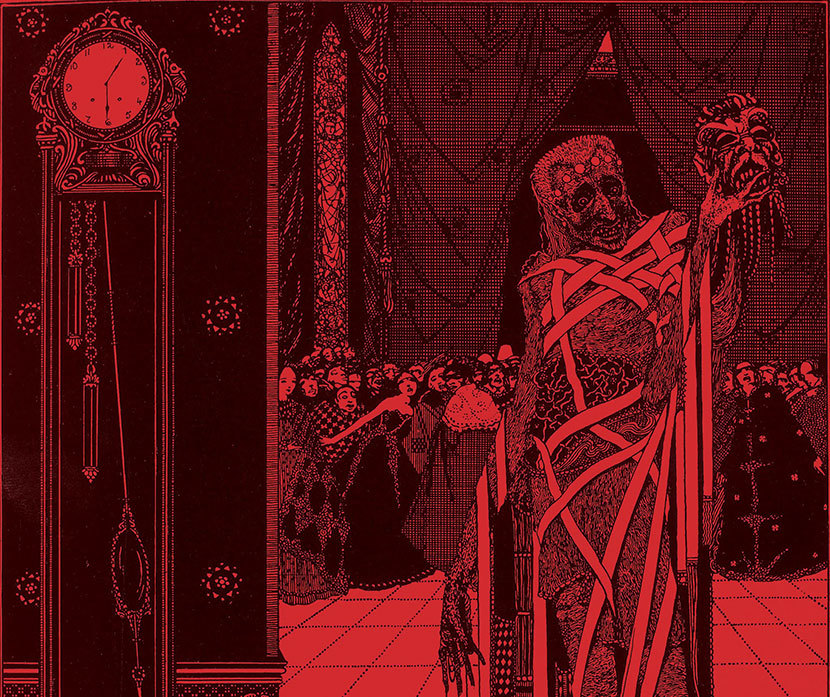
Impurity is mostly considered in OFF in a moral sense, but the plague conjures comparisons to carnal death, decay, hopelessness. It’s gaunt, invisible, inevitable. It makes impurity physical- boils and pockmarks spread across festering skin.
What does it mean to become pure? Is it shedding sin, or aligning yourself some higher purpose? Purity is by definition singular- an extracted essence without variability. Monotone. Is purity preferable to shades of grey, when purity is the return to Nothingness?
Is absolute devastation justified against evil, or is this repaying maliciousness in kind? Some men become monsters when there becomes no other way. Is it worth burning the forest to the ground to suffocate the wolves lurking in the shadows? If the Batter were to turn his gaze to you, would he raise his bat to purify you?

Near OFF’s surreal ending, you purify the little boy Hugo. ‘I’m scared of the dark.’ ‘From now on, there will be no darkness.’ The Batter, dealing in absolutes, will undo this fallen world, flipping the final switch, and turning everything OFF.
